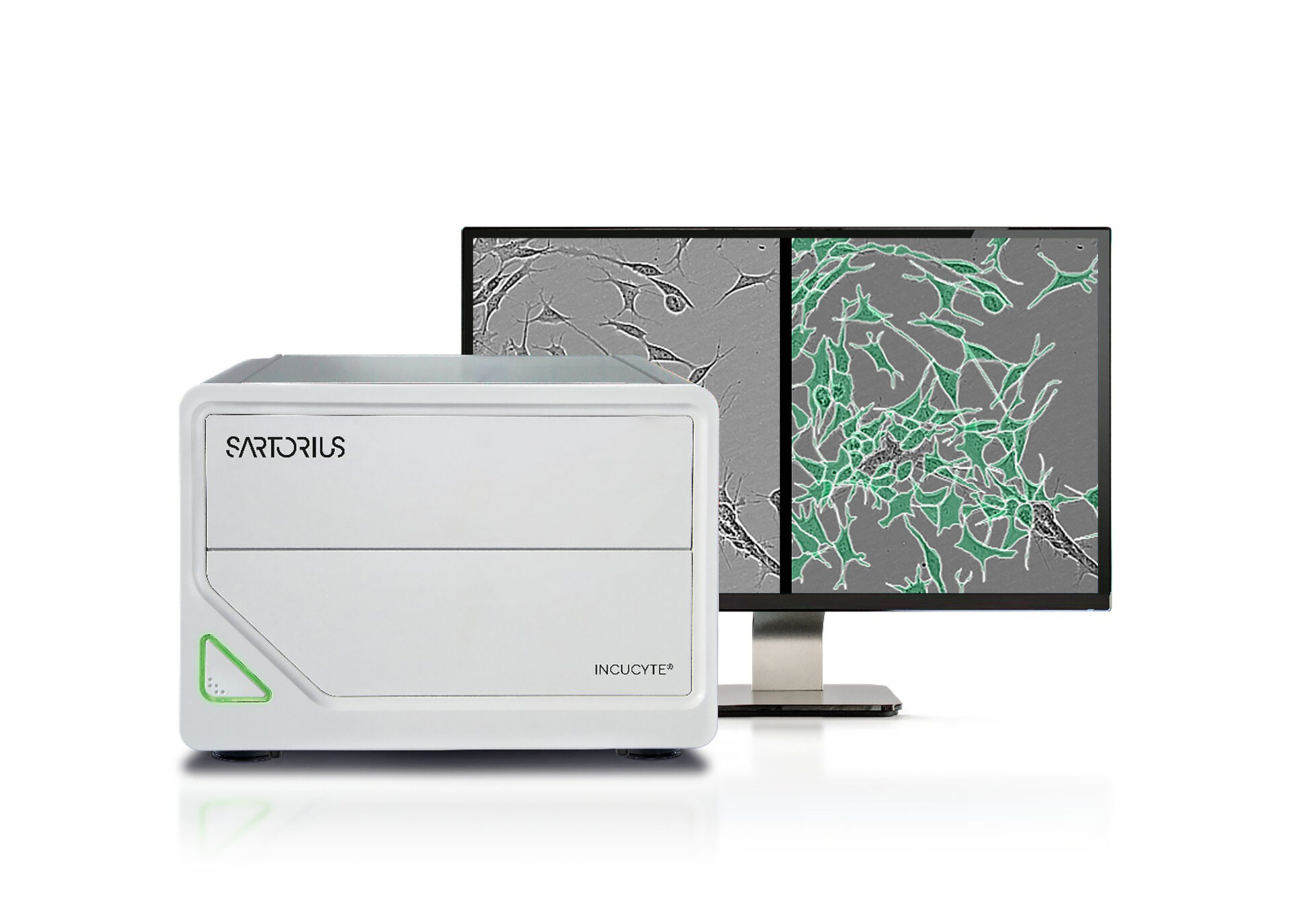Sartorius and TheWell Bioscience collaboration to advance production of 3D cell models
The life science group Sartorius and US-based start-up TheWell Bioscience will collaborate on the further development of hydrogels and bioinks tailored to produce 3D advanced cell models for drug discovery workflows. In addition to this, Sartorius will expand the portfolio of its lab division by distributing TheWell Bioscience’s products and invest in a minority shareholding in the company.
TheWell Bioscience is a pioneer in the field of animal-free hydrogels and bioinks, critical components for the creation of 3D biomimicking platforms, also known as 3D cell models, for precision medicine, cell therapy and biomanufacturing. These models are complex biological structures that mimic the organization and function of cells in living organisms, enabling a more accurate prediction of the efficacy, toxicity, and side effects of drugs in humans. 3D cell models are a key strategic growth area for Sartorius as they address the shift from animal-based to more human-relevant organoid models.
“Sartorius’ lab division is fully focused on helping researchers speed up the development of new drugs with innovative technologies. The offering of TheWell Bioscience seamlessly complements our bioanalytic instruments, cytokines and media products used to grow and analyze a range of 3D spheroid and organoid models. Their hydrogel solutions are highly compatible with our live-cell imaging system for monitoring and analyzing cell health and behaviour in real time. By collaborating, we will enable customers to get more relevant insights in less time, accelerating time to market,” said Fiona Coats, Head of Marketing at Sartorius’ Lab Products & Services division, who will join the board of directors of TheWell Bioscience as part of the collaboration.
John Huang, founder and CEO of TheWell Bioscience, commented: “Our portfolio today encompasses 60 synthetic, room-temperature-stable animal-free hydrogels, bioinks, solutions, and functional assays for biopharma customers to move away from animal-based extracellular matrices for 3D cell models and injectable delivery. The collaboration with Sartorius will broaden our reach in the life science and biopharma market and enable more customers to speed up their research in advanced biomedicine and personalized therapies.”





